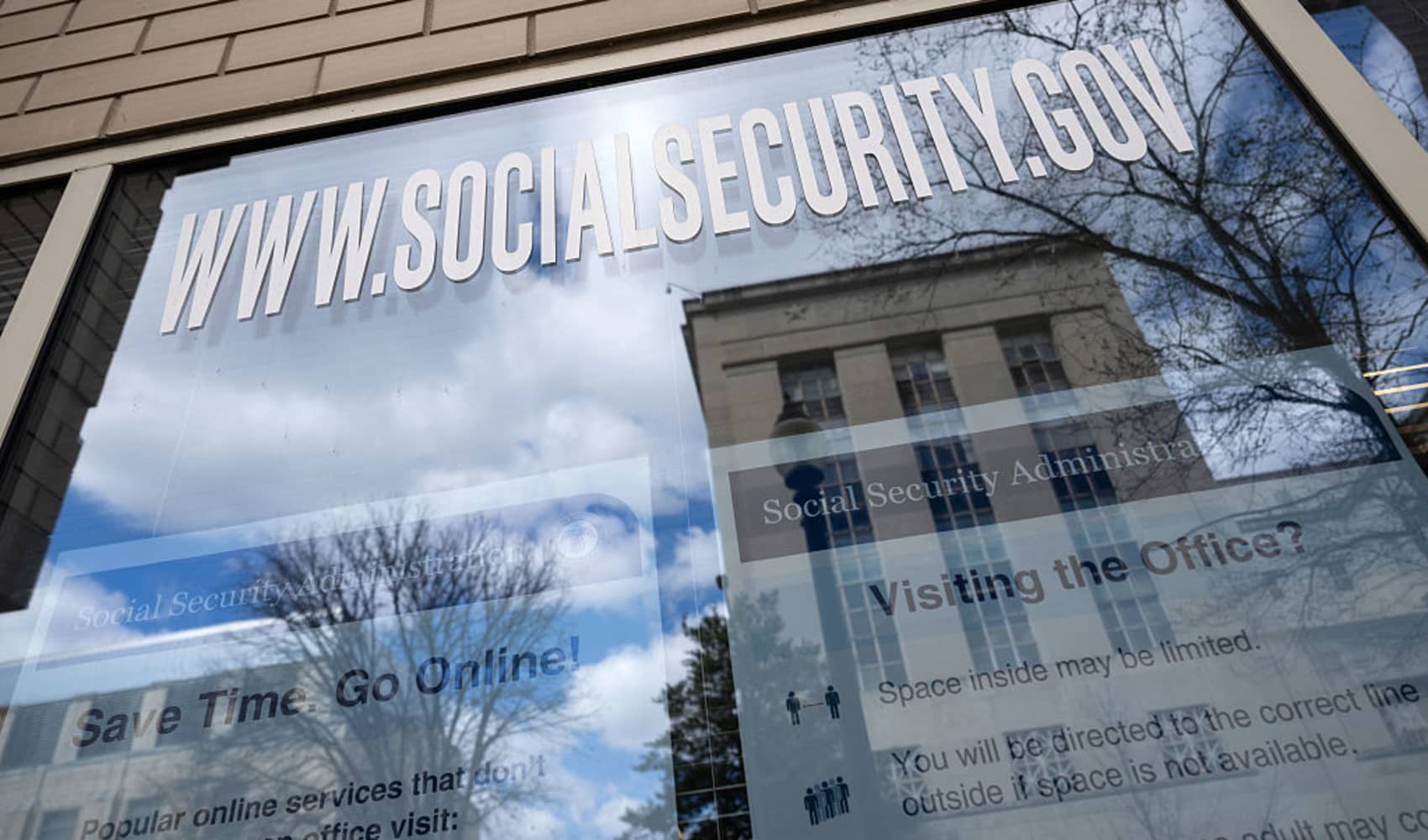Tesla's Trouble: Americans' Negative View & What It Means
Tesla Troubles: Why Half of Americans Have a Negative View
Introduction: The Tesla Tumble
Ouch! It seems like the honeymoon period for Tesla and its enigmatic CEO, Elon Musk, might be over. According to a recent CNBC All-America Economic survey, about half of Americans are sporting a less-than-rosy view of both the company and its leader. That's a significant chunk of the population, and it begs the question: what's going on? Let's dive deep into the data and try to figure out why Tesla and Musk are facing this perception challenge.
The Numbers Don't Lie: A Negative Shift
The CNBC survey paints a stark picture. A whopping 47% of the public holds a negative view of Tesla, while only 27% view the electric vehicle (EV) maker positively. The remaining 24% are sitting on the fence, remaining neutral. When you compare this to General Motors, where a third of the public has a positive view, and only 10% a negative, the difference is striking. It's clear that Tesla is facing a unique perception hurdle.
Elon Musk's Image: A Double-Edged Sword
Elon Musk, the face of Tesla, also faces a similar challenge. The survey revealed that 50% of the public has a negative view of him, while only 36% view him positively, and 16% remain neutral. Musk's public persona, often described as eccentric and sometimes controversial, may be a contributing factor. But is it the only factor?
Is It Just Musk? Separating the Man from the Machine
The Appeal of Electric Vehicles
Here's the interesting part: many potential Tesla customers actually have a positive outlook on electric vehicles in general. This suggests that the negative perception isn't necessarily about the technology itself. People are becoming more and more interested in EVs. The issue seems to be more specifically tied to Tesla as a company and, to a large extent, to Elon Musk himself.
Brand vs. Figurehead
Think of it like this: you might love the idea of a superhero, but you might not like the actor playing the part. The same principle applies here. People are drawn to the idea of electric vehicles, but something about Tesla's brand or its CEO's actions is turning them off.
Tesla's Stock Performance: A Reflection of Sentiment?
Market Woes
Tesla's stock has been on a rollercoaster ride, experiencing a significant sell-off recently. While stock performance doesn't always perfectly reflect public sentiment, it often serves as a barometer of investor confidence, which can be influenced by public perception. A declining stock price can further erode public trust and reinforce negative views.
Investor Concerns
What are the investors worried about? It could be a combination of factors, from concerns about production bottlenecks and increased competition in the EV market to worries about Musk's focus being split between Tesla and his other ventures like SpaceX and Twitter (now X).
The Competition Heats Up: Rivals Emerge
Tesla once enjoyed a near-monopoly in the electric vehicle market, but those days are long gone. Now, established automakers like GM, Ford, and Volkswagen, as well as new players like Rivian and Lucid, are all vying for a piece of the pie. Increased competition puts pressure on Tesla to innovate, maintain quality, and manage its brand image effectively.
The Twitter (X) Effect: A Musk-Made Mess?
A Distraction or a Detriment?
Elon Musk's acquisition of Twitter, now known as X, has been a source of controversy and concern. Some believe that it has distracted him from his responsibilities at Tesla. His often-controversial statements on the platform have also alienated potential customers and damaged his public image.
Brand Association by Proxy
Consider the concept of "guilt by association." Even if you don't follow Musk's activity on X directly, the negative headlines and controversies surrounding the platform can indirectly impact your perception of Tesla.
Perception is Reality: The Importance of Brand Image
In today's market, a company's brand image is just as important as its products. A strong, positive brand image can attract customers, retain employees, and build investor confidence. A negative brand image, on the other hand, can be a major obstacle to success. Tesla needs to address its perception problem head-on.
Tesla's Challenges: Beyond the Numbers
Production and Delivery Issues
Tesla has faced challenges with production bottlenecks and delivery delays in the past. These issues can frustrate customers and damage the company's reputation.
Quality Control Concerns
Some customers have reported quality control issues with Tesla vehicles, ranging from minor cosmetic flaws to more serious mechanical problems. These concerns can erode trust in the brand.
What Can Tesla Do? A Course Correction
Focus on Product Quality and Reliability
Tesla needs to prioritize product quality and reliability to address customer concerns and build trust in the brand.
Improve Customer Service
Providing excellent customer service is essential for retaining customers and building a positive brand image.
Refine the Brand Narrative
Tesla needs to refine its brand narrative to appeal to a wider audience and address the negative perceptions surrounding the company and its CEO.
Elon Musk's Role: Navigating the Future
Finding a Balance
Elon Musk needs to find a balance between his various ventures and ensure that Tesla receives the attention and resources it needs to succeed. Maybe delegate the CEO role?
Strategic Communication
Musk needs to be more mindful of his public statements and avoid controversies that could damage Tesla's brand image. Hire a PR person!
The Future of Tesla: Will it Recover?
The road ahead for Tesla is uncertain. The company faces significant challenges, including increased competition, production issues, and a negative perception problem. However, Tesla also has many strengths, including innovative technology, a loyal customer base, and a strong brand recognition. Whether Tesla can overcome its current challenges and regain its position as a leader in the EV market remains to be seen.
The EV Landscape: A Shift in Power?
With more options than ever before, consumers aren't as tied to the Tesla brand as they once were. Other manufacturers are gaining ground. The EV market is maturing, and Tesla needs to adapt to this new reality to remain competitive.
Conclusion: Perception Matters
The CNBC survey reveals a worrying trend for Tesla and Elon Musk. A significant portion of Americans hold negative views of the company and its CEO. This negative perception is impacting Tesla's brand image, stock performance, and ability to attract new customers. To turn things around, Tesla needs to address its product quality concerns, improve customer service, refine its brand narrative, and manage Elon Musk's public image. The future of Tesla depends on it.
Frequently Asked Questions (FAQs)
- Why do so many people have a negative view of Elon Musk? Many factors contribute, including his controversial statements on social media (especially X), his involvement in multiple ventures, and perceptions of being out of touch.
- Is Tesla's stock price affected by public perception? Absolutely. Public sentiment can heavily influence investor confidence, leading to fluctuations in the stock price. Negative views can deter potential investors.
- What are some alternatives to Tesla if I want an electric vehicle? The EV market is booming! Consider brands like GM, Ford, Rivian, Lucid, Volkswagen, Hyundai, and Kia, each offering a range of electric models.
- How can Tesla improve its brand image? Focusing on product quality, providing excellent customer service, and refining its public narrative are crucial steps. Elon Musk moderating his online presence could also help.
- Does Tesla's competition affect its perception? Yes. As more companies enter the EV market, Tesla faces increased pressure to innovate and maintain a positive brand image to stand out from the crowd.


